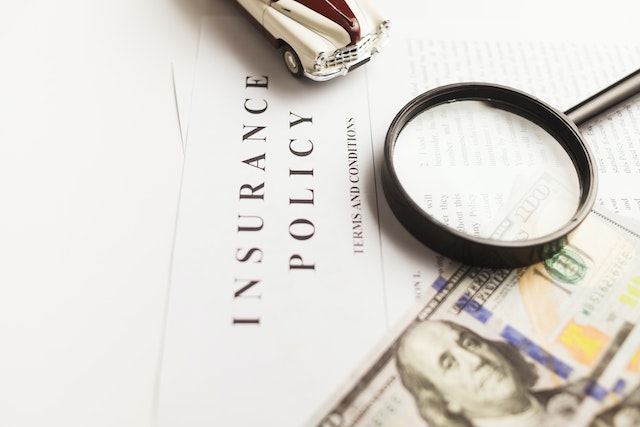Car insurance is a vital component of responsible vehicle ownership. It provides financial protection against potential damages, accidents, or thefts that may occur. However, a common question arises: Can I insure a car not in my name?
In this article, we will explore this topic in detail, discussing the legal considerations, available options, factors to consider, and the steps involved in insuring a car not in your name.
Understanding Car Insurance Policies
Car insurance policies are typically tied to the primary driver and the registered owner of the vehicle. The primary driver is the individual who regularly operates the car, while the policyholder is the person responsible for maintaining the insurance policy.
If you’re wondering, “Can I insure a car not in my name?” it is important to understand the nuances of car insurance policies.
Legal Considerations: Can I Insure a Car Not In My Name?
One of the key factors to consider when insuring a car not registered in your name is the concept of ownership and insurable interest. Generally, insurance companies require the policyholder to have a financial stake or a vested interest in the vehicle being insured. Without ownership or insurable interest, obtaining car insurance can be challenging.
Additionally, permission from the vehicle owner is crucial before attempting to insure a car not in your name. The owner's consent is necessary to ensure compliance with legal requirements and to avoid potential conflicts or fraudulent activities.
Insurance Options For Non-Owners
Fortunately, there are insurance options available for individuals who want to insure a car not in their name. One such option is non-owner car insurance. This type of insurance provides liability coverage for individuals who frequently drive cars they do not own.
Non-owner car insurance typically covers bodily injury and property damage liability, but it may not include coverage for damages to the vehicle itself.
Another option is to be added as a named driver on someone else's policy. This allows you to share the coverage of the vehicle owner's policy and provides the necessary legal protection while driving the car. It is important to note that being a named driver does not make you the policyholder.
Factors to Consider
Now that we’ve answered the question: “Can I insure a car not in my name,” it’s time to go over the factor to consider before committing to it.
First and foremost, insurance costs should be evaluated. The premiums associated with non-owner car insurance or being a named driver on someone else's policy may vary based on factors such as driving record, age, and location. It is advisable to obtain quotes from multiple insurance providers to find the most suitable and affordable option.
Coverage limits should also be carefully assessed. The amount of coverage provided by the insurance policy, especially regarding liability, should be adequate to protect you financially in case of a car accident or damage.
Furthermore, policy restrictions should be thoroughly reviewed. Some insurance policies may have specific limitations or exclusions that may impact your coverage. It is important to understand these restrictions and assess whether they align with your needs and circumstances.
Steps To Insure a Car Not In Your Name
If you decide to insure a car not registered in your name, the following steps can guide you through the process:
-
Research insurance providers: Identify insurance companies that offer non-owner car insurance or allow named drivers on someone else's policy. Compare their coverage options, premiums, and customer reviews.
-
Gather necessary information: Collect all the essential information regarding the vehicle, including its make, model, year, and VIN (Vehicle Identification Number). You may also need information about the vehicle owner, such as their name and contact details.
-
Contact insurance companies: Reach out to the insurance providers you have shortlisted. Inquire about their requirements, provide the necessary information, and obtain quotes. Ask any questions you may have to ensure you have a clear understanding of the policy terms.
Risks and Limitations
While there are advantages to insuring a car not in your name, it is essential to be aware of the risks and limitations involved. Some insurance policies may have exclusions that restrict coverage for certain scenarios or drivers. It is important to carefully review the terms and conditions of the policy to ensure you understand the extent of coverage provided.
Additionally, as the policyholder, you have responsibilities such as paying premiums on time, providing accurate information, and adhering to the terms of the policy. Failure to meet these responsibilities may result in the denial of claims or even cancellation of the policy.
Conclusion
In conclusion, while car insurance is typically associated with the registered owner of the vehicle, it is possible to insure a car not in your name. By understanding the legal considerations, exploring available insurance options, and taking appropriate steps, you can obtain the necessary coverage.
However, it is crucial to assess factors such as insurance costs, coverage limits, and policy restrictions to make informed decisions. Interested in saving money for car repairs? Check out Keep Driving’s guide to discover government programs offering free car repairs!







